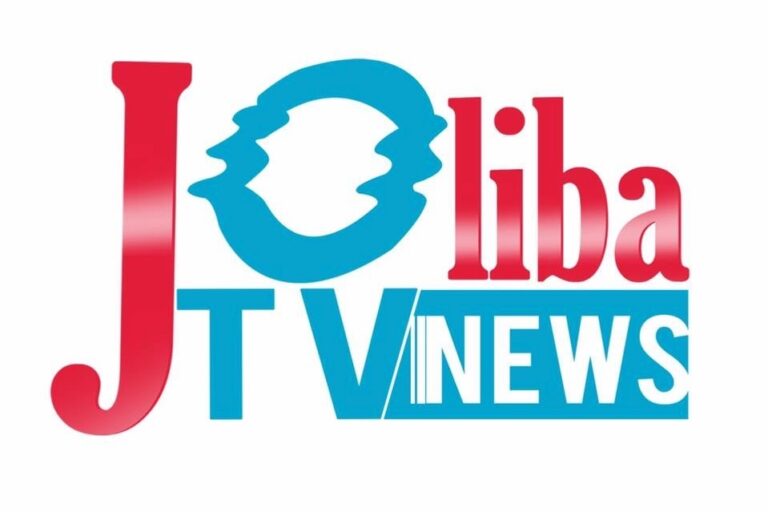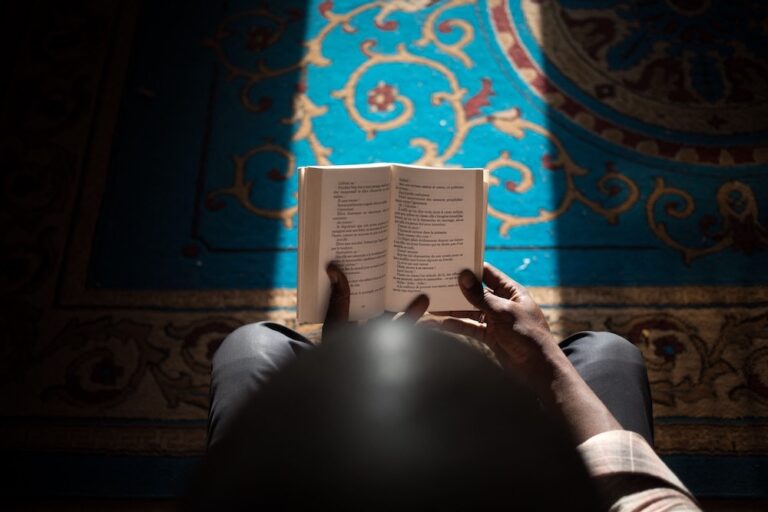ARTICLE 19 is concerned over a spate of assaults on and threats against journalists and is calling on the authorities to take immediate action to protect them.
UPDATE: Crackdown on people linked to counter-coup, journalists (Human Rights Watch, 25 July 2012)
(ARTICLE 19/IFEX) – 23 July 2012 – In a letter addressed to the Malian authorities, ARTICLE 19 has expressed its deep concerns over the security of journalists in Mali.
Since the overthrow of constitutional order that took place on 22 March 2012 following a mutiny in the military camp of Kati under the command of Captain Amadou Haya Sanogo, arrests and attacks against journalists have continued to increase. These acts violate freedom of expression and access to information, and have spread fear and insecurity among journalists and human rights defenders in Mali.
The violations range from physical assaults, confiscation of equipment, to taking over media outlets and arrests. As a result, journalists are suffering from the conflict situation in Mali.
Since their coming to power, the military have targeted foreign and national journalists who are trying to cover the crisis. Severe cases of violence have been reported from March to July 2012.
Instances of violence have included the following:
- On the night between the 28 and 29 March, the reporter from France Culture, Omar Ouahmane, was tied to a tree all night and threatened with death by the military for having interviewed the ousted President, Amadou Toumani Touré on RFI.
- Two other journalists from Associated Press (AP) and the BBC were questioned and taken to Camp Kati by the military while they were trying to interview the ousted president, Amadou Toumani Toure.
- The period of calm, which started on 6 April 2012 with the mediation of the Economic Community of West African States (ECOWAS) and which returned power to civil authorities, was brief. On 30 April, the national radio and television station (ORTM) was attacked and taken over by the military.
- On 12 June 2012, more than 10 soldiers went to the offices of the Pan African channel Africable to ban the broadcasting of a Tuareg rebel’s interview. They threatened them to come back if managers did not obey.
- On 16 May 2012, Saouti Haidara, the editor of the newspaper “L’Indépendent” was arrested and seriously injured by three members of the state security forces while he was being interrogated for having published on 11 May 2012 in issue 3016 of his newspaper an article titled: “Bamako, Kati, and Koulikoro under the threat of attacks”. The article advised Malian citizens against going out or visiting public and military buildings because a captain Touré had threatened them with carrying out attacks in Bamako. Intelligence services wanted him to reveal the source of this information.
- On 12 July 2012, around 10:00 pm, the same journalist, Saouti Haidara, was taken from the headquarters of his newspaper by armed and hooded men who opened fire against the building causing damage to the property. He was driven about 40 kilometres out of Bamako on the road to Segou. He was tortured and abandoned. Although it was dark, car headlights helped him and he managed to drag himself to the road where he was rescued before the arrival of two journalists working for his newspaper. He survived with a head injury and with his right forearm broken.
According to several sources, the arrest of journalists revealed the existence of telephone tapping, which is a serious violation of journalists’ rights. This technique associated with illegal interrogation endangers journalists and their sources.
This unacceptable practice is not only used by the government but also by rebels from the MLNA and other groups fighting in the Nord. A journalist who had broadcasted about the situation in the North of Mali has been questioned by the rebels and subsequently beaten.
In northern Mali, little information comes out of the areas controlled by Islamist groups. Indeed, sources have revealed atrocities committed against the local population, whose freedoms of association, expression and protest have been severely repressed. In those zones, reports suggest that women are forced to wear the veil against their will.
On 26 June, a march against armed groups that occupy the city, following the assassination of an elected local leader, was repressed with a dozen people injured by bullets, two of them seriously in the head.
From 30 June, the rebel of Ansar Eddin stormed the mausoleums of Timbuktu, a World Heritage site and current symbol of Sufism, a branch of Islam largely practiced in West Africa. The destruction of religious sites violates international humanitarian law and denies the religious expression of many of the populations of northern Mali.
ARTICLE 19 condemns these abuses against journalists, which attempt to gag freedom of expression and the right of access to information. ARTICLE 19 calls for the immediate end of these acts of violence and intimidation against media professionals. The transitional government in Mali must take urgent measures to bring the perpetrators of these heinous acts to justice and to ensure that independent and impartial investigations are carried out.
ARTICLE 19 reiterates the recent Joint Declaration of 25 June 2012 on Crimes Against Freedom of Expression of the four international experts on freedom of expression which outlines states’ obligations to fight impunity for attacks against freedom of expression and identifies steps that the states must adopt in order to prevent these crimes, protect the victims and investigate the crimes effectively when the violations occur. The declaration of June 2012 calls on all governments to create a new category of “crime against free expression”.
ARTICLE 19 calls for the respect of the Bamako Declaration on impunity, justice and human rights adopted in Mali on December 2011 and the Declaration of Principles on freedom of Expression in Africa and subsequent resolutions which prohibit violence against journalists.
ARTICLE 19 calls on the Malian authorities to take urgent and concrete measures to ensure the safety of journalists so they can do their job impartially.
ARTICLE 19 calls on ECOWAS and the African Union to explicitly request increased protection of journalists and human rights activists from all parties to the conflict, including in the north.


